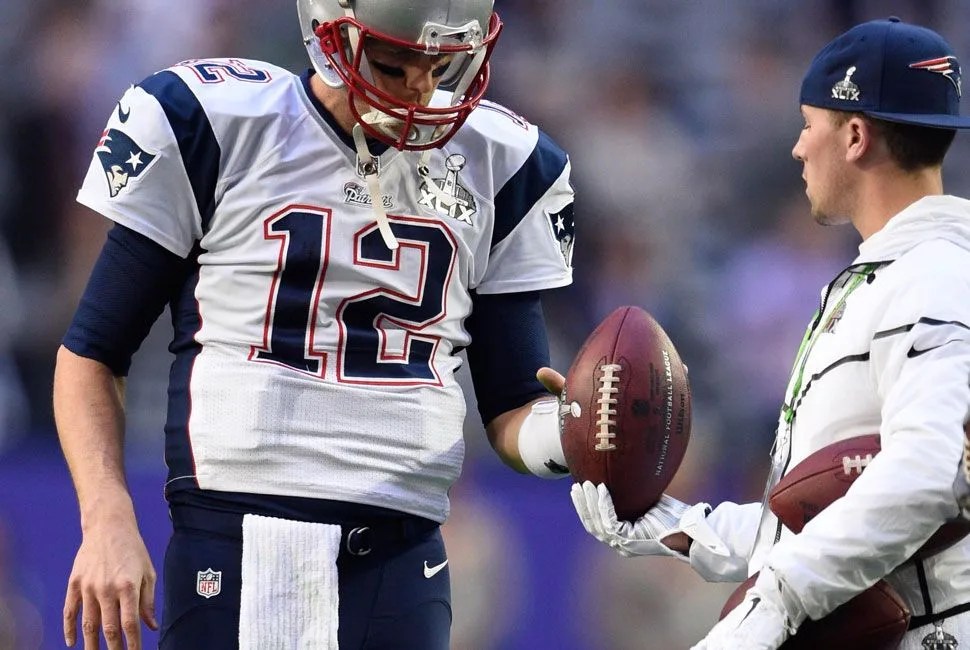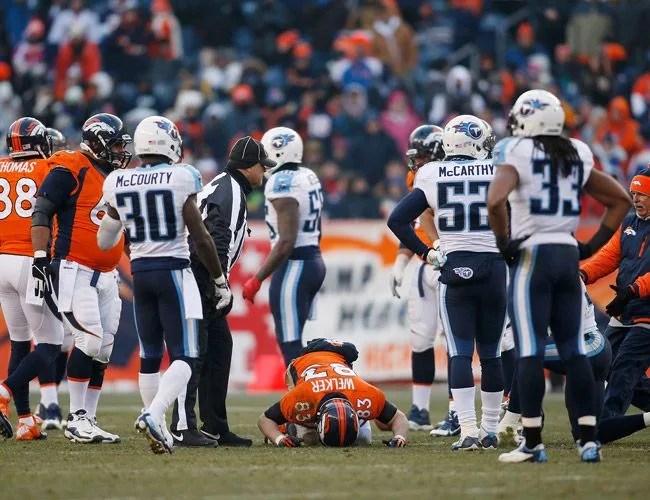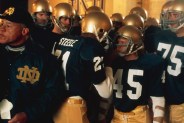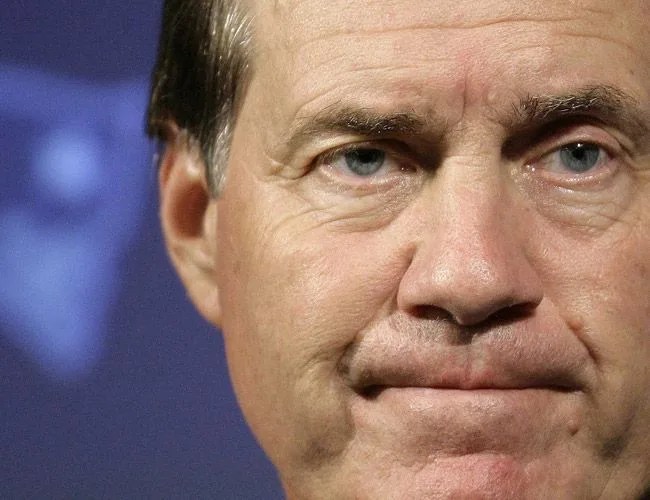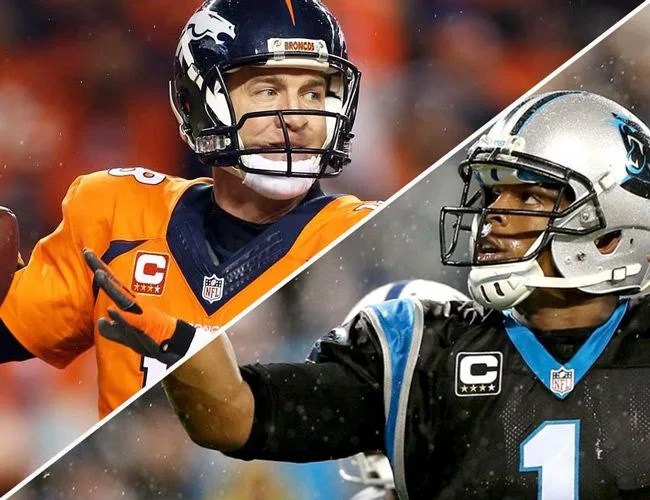They come every year. From accusations penned by equipment managers. From video assistants, found where they shouldn’t be. From helmet-to-helmet contact. From short, grainy videos of the insides of elevators. From witness testimony of wives and children. From suspiciously loud stadiums, bad movie trailers and the largest brain banks in the world. “They” are NFL scandals and controversy, and they come as regularly as the Superbowl, with names like Bounty-, Spy- and Deflategate, only to be replaced by the next controversy, the next commissioner, the next star player, the next year. As Roger Goodell and the NFL decides how to regulate 32 teams, and improve a track record recently blemished by many high-profile cases, we took a look at recent scandals through the eyes of the experts to see how they’ll play out in the 2015-2016 season.
Artificial Crowd Noise
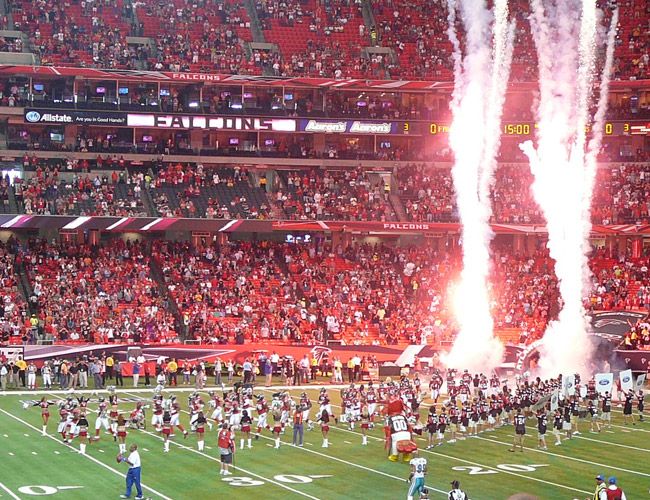
On March 30, 2015, the NFL fined the Atlanta Falcons $350,000, stripped them of their fifth-round selection in the 2016 NFL Draft and suspended the team’s president, Rich McKay, from the Competition Committee (he was reinstated in August). The NFL had found Falcons director of event marketing Roddy White guilty of pumping pre-recorded crowd noise into the Georgia Dome during home games of the 2013 and 2014 seasons. The auditory infraction, while physically harmless, had attacked the heart of sports psychology: staying “in the zone.”
“It governs how successful players are, particularly visiting other stadiums. The best players are ‘in the flow‘ and not hearing the crowd [as much],” said William Weiner, a sport psychology consultant who’s worked with players in the NBA, MLB and NFL. “Other players are vulnerable to pressure from the noise, to overthinking. Artificial noise can reach them and undermine their performance.” The impact of crowd noise is most pronounced in sports with fine motor control or cognitive thought, like on the putting green or while searching for a receiver downfield. (At the 2011 US Open, Serena Williams lost a point for shouting “Come on!” while her opponent tried to return the ball.) Although, one doesn’t have to look much further than the disparity between NFL home and away records, or MLB home and away batting averages.
“There are automatic thoughts that occur in a player’s mind. When they hear a hostile crowd, they interpret it as celebrating their failure, and it ramps up their anxiety,” said Weiner. “In a loud cavernous football stadium…athletes feel the pressure. They can see becoming ‘the goat’ very easily in this situation.”
